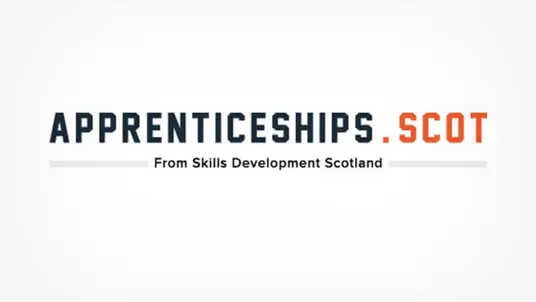How to become an estimator
While there are no formal qualifications needed to become an estimator, there are several routes you could take to help you pursue this career. You could complete a university or college course, an apprenticeship or apply directly to an employer for work.
You should explore these routes to becoming an estimator, to find out which is the right one for you. Although some of these options have certain qualification requirements, many employers are more interested in people who are enthusiastic, willing to learn and can follow instructions.
You may need a Construction Skills Certification Scheme (CSCS) card to work on a construction site.
University
You could complete a Higher National Diploma (HND) or an undergraduate degree in a relevant subject, such as structural or civil engineering, construction or quantity surveying.
College/training provider
In order to become an estimator, you do not need to have any specific qualifications. However, having GCSEs at grades 9 to 4 (or the equivalent) in science, technology, IT, English and maths are useful for the role.
Having college qualifications in subjects such as structural engineering, civil engineering or construction can also be beneficial for anyone looking for a job as an estimator.
Apprenticeship
An apprenticeship with a construction company is a good way into the industry.
You could apply for an estimating apprenticeship with a building firm and work towards an NVQ in Project Control Levels 3 and 4, NVQ in Construction Contracting Operations Levels 3 and 4, or a Certificate and Diploma in Site Management Level 4.
Apprenticeships are open to anyone over the age of 16. As an apprentice, you will be fully employed by your company and expected to work a minimum of 30 hours a week. Your time will be split between on-the-job experience and a college or training provider.
Work
If you have previous experience of working in the construction industry, you may be able to apply directly to an employer to become an estimator, or your employer may help you to complete training to work towards this role.
Work experience
Work experience is essential to gaining employment within the construction industry. You could gain this at school, or by working weekends and holidays with a company or relative who works as an estimator. Potential employers will always be pleased to see work experience listed on your CV.
Skills
Core skills for an estimator include:
- Strong maths skills
- Highly organised
- Ability to analyse data
- Critical thinking skills
- Detail oriented
- Good communication skills
- Technical abilities
- Excellent time management.









